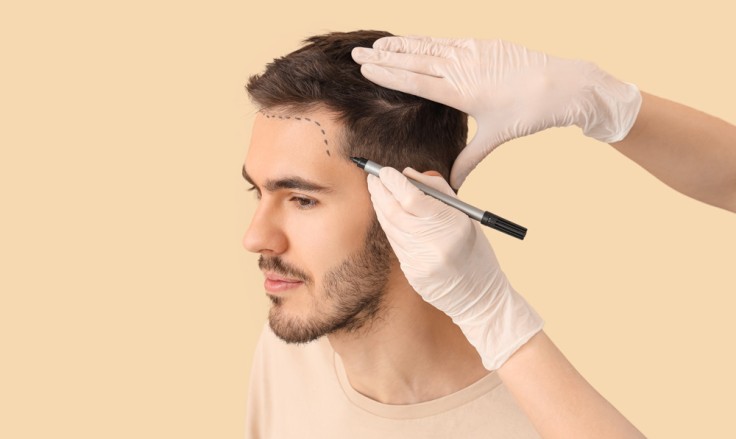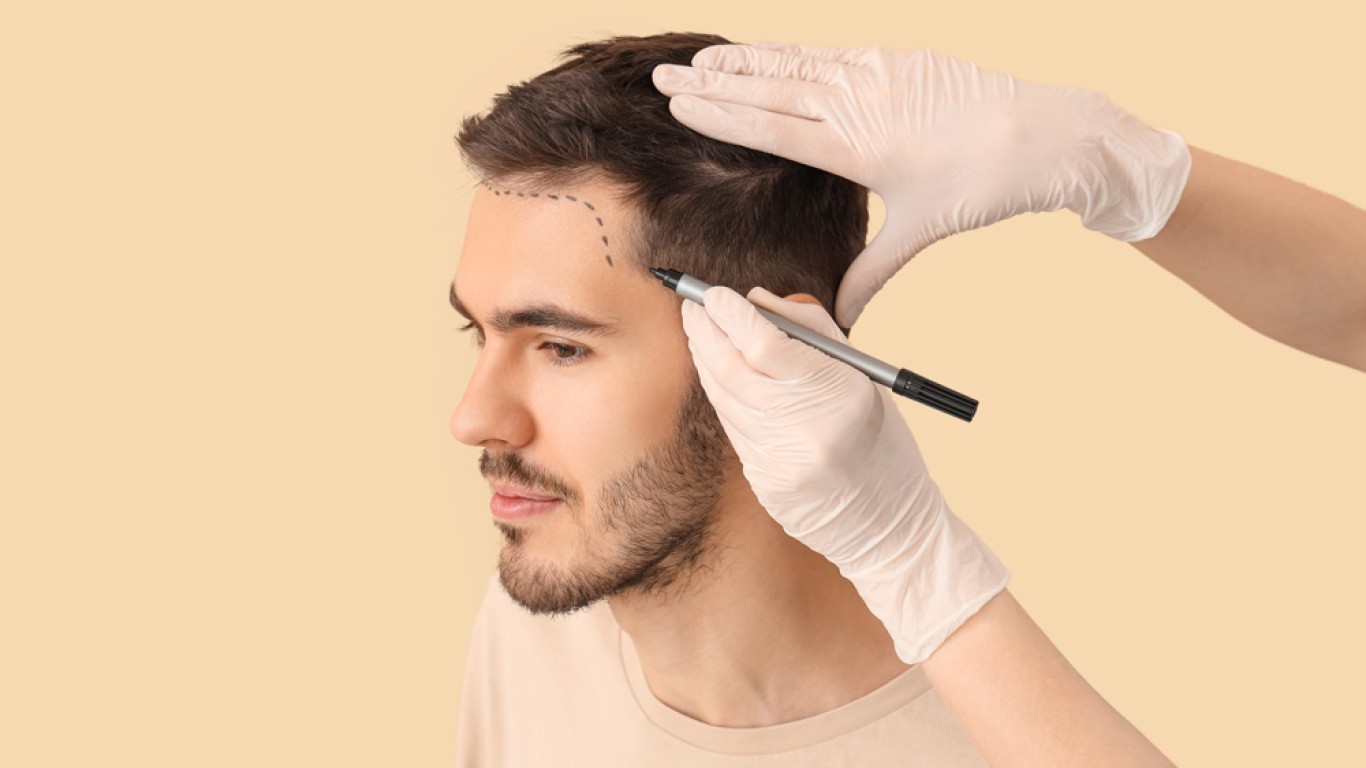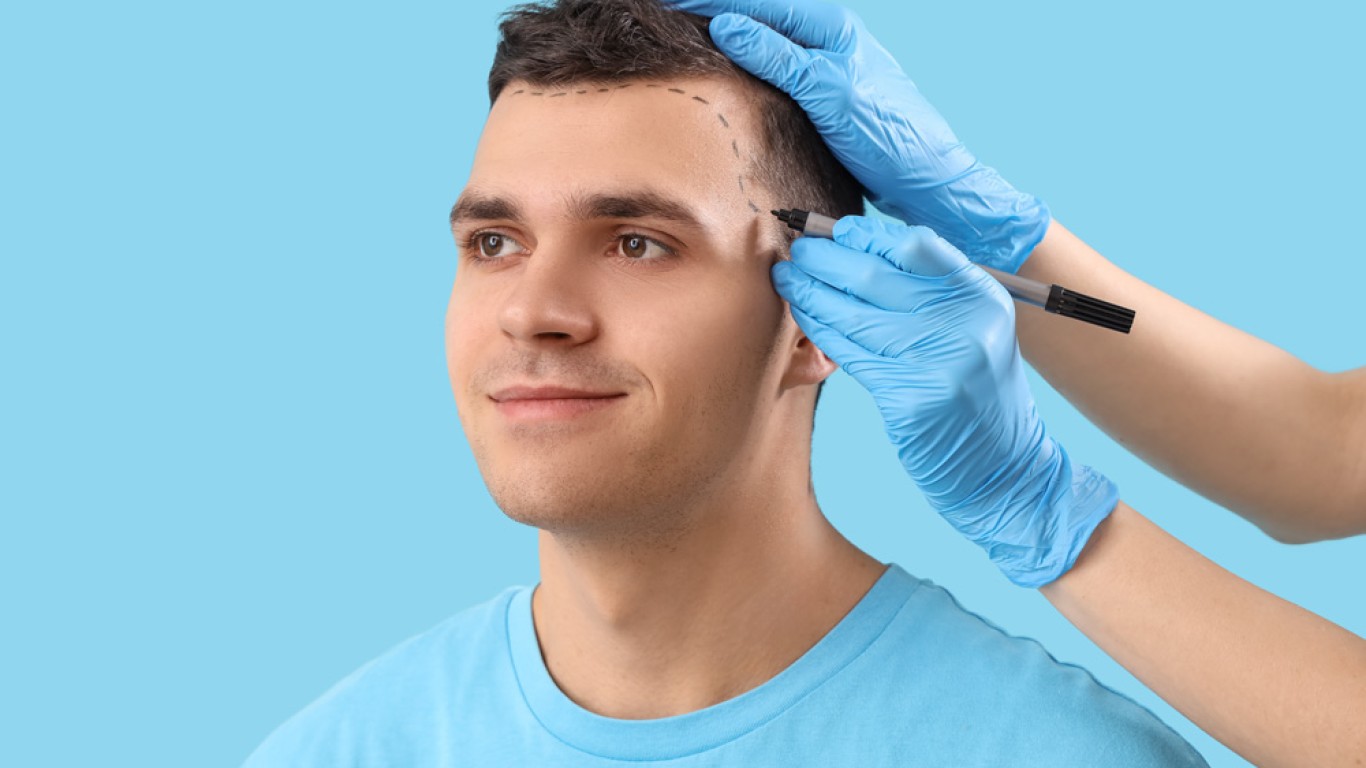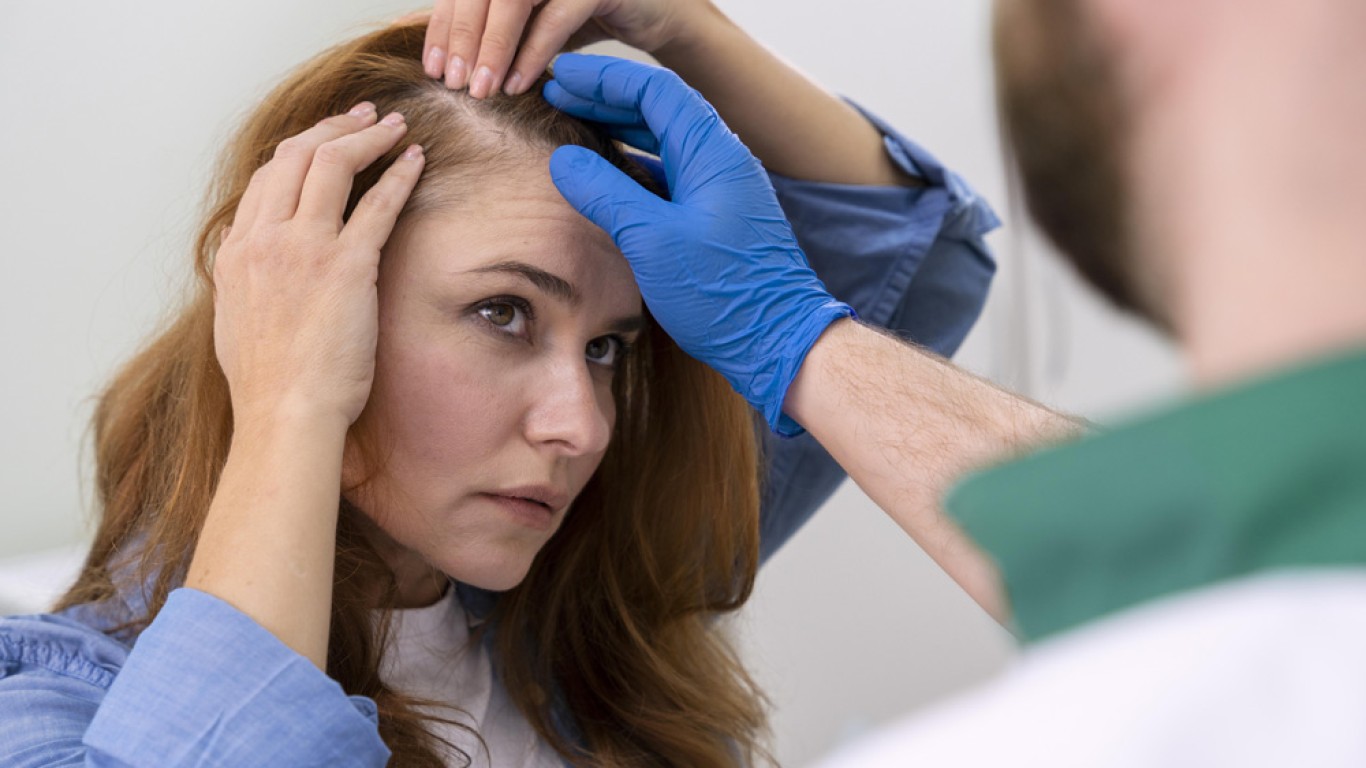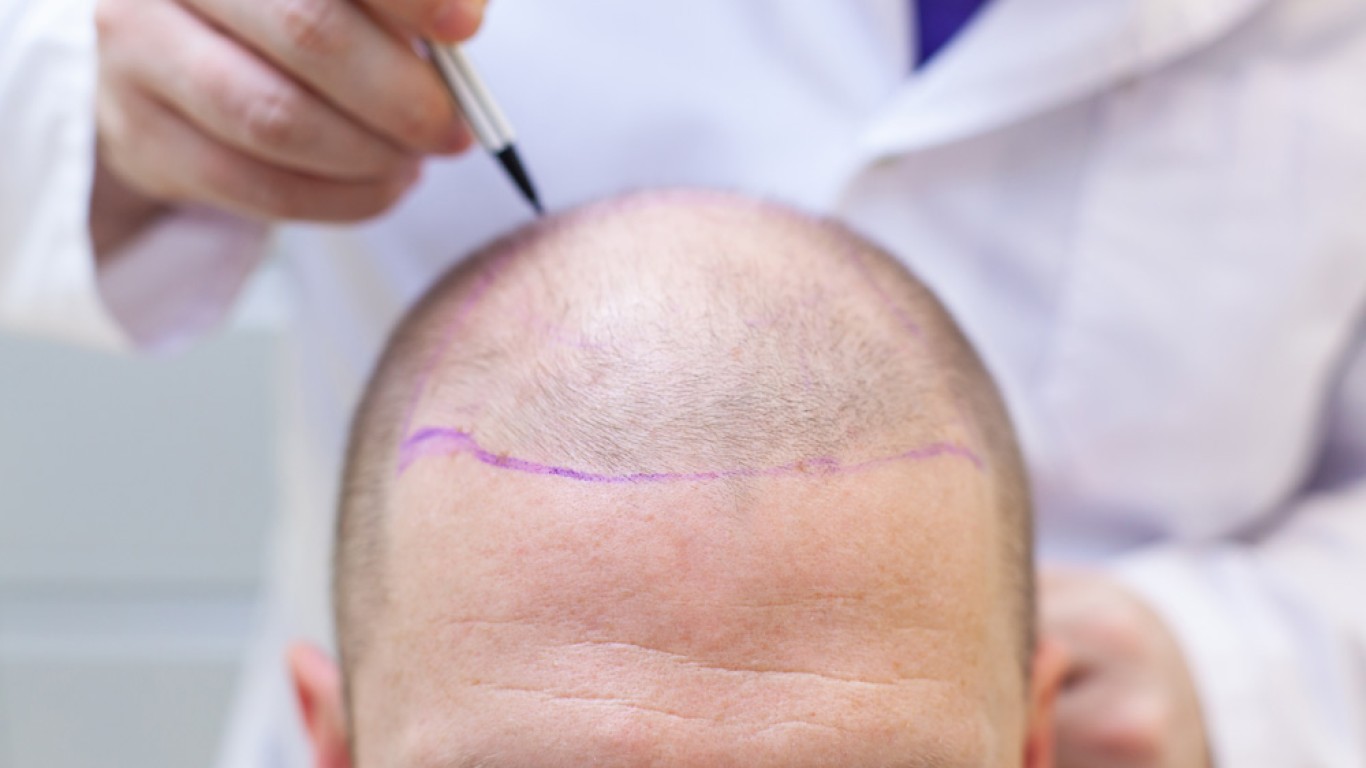Introduction
A hair transplant can restore both hair and confidence, but preparation is crucial. Before your consultation, it’s important to understand the procedure, expectations, and your options. Asking the right questions ensures you feel informed and confident in your decision. Below, we outline seven essential questions to raise before committing to a hair transplant.
1. What Hair Transplant Techniques Do You Offer?
There are two main methods in hair restoration: FUE (Follicular Unit Extraction) and FUT (Follicular Unit Transplantation). Some clinics may also offer DHI (Direct Hair Implantation), a modified form of FUE. Each technique has unique benefits. FUE involves minimal scarring and a quicker recovery. Conversely, FUT might be better for those needing many grafts. By understanding the techniques, you can choose what aligns with your goals. Additionally, ask why the clinic prefers one method over another.
2. Am I a Good Candidate for a Hair Transplant?
Not everyone is suitable for a hair transplant. The best candidates have stable hair loss, sufficient donor hair, and good scalp health. If your hair loss is still progressing, or your expectations are unrealistic, the procedure may not work well. During the consultation, your surgeon will examine your scalp and medical history. Accordingly, they can confirm your eligibility and recommend a tailored approach. If not a candidate now, ask if future treatment might be an option.
3. How Many Grafts Will I Need?
The answer varies depending on the extent of your hair loss and desired density. Some patients need as few as 1,000 grafts. However, others may need 3,000 or more. It’s important to ask how many grafts are planned and where they’ll be placed. This helps you understand what kind of coverage and volume to expect. Furthermore, ensure the clinic explains how grafts will be distributed for the most natural outcome.
4. What Results Can I Realistically Expect From a Hair Transplant?
Setting realistic expectations is vital for satisfaction. A hair transplant won’t restore the full density of youth. However, it can create a natural look. Ask to see before-and-after photos of previous patients with similar hair loss. Additionally, ask how long it will take to see results. Typically, shedding occurs in the first few weeks, and new growth starts after 3-4 months. Full results may take up to a year. Understanding the timeline can help manage expectations.
5. What Is the Recovery Like After a Hair Transplant?
Recovery varies based on technique and individual healing. Generally, you’ll need to avoid strenuous activity for a few days. Swelling, scabbing, and redness are normal in the first week. It’s important to follow post-operative care instructions closely. Moreover, ask about how long you'll need to stay off work and what daily routines should be adjusted. Clinics should explain what shampoo, medication, or products you may need during the recovery period.
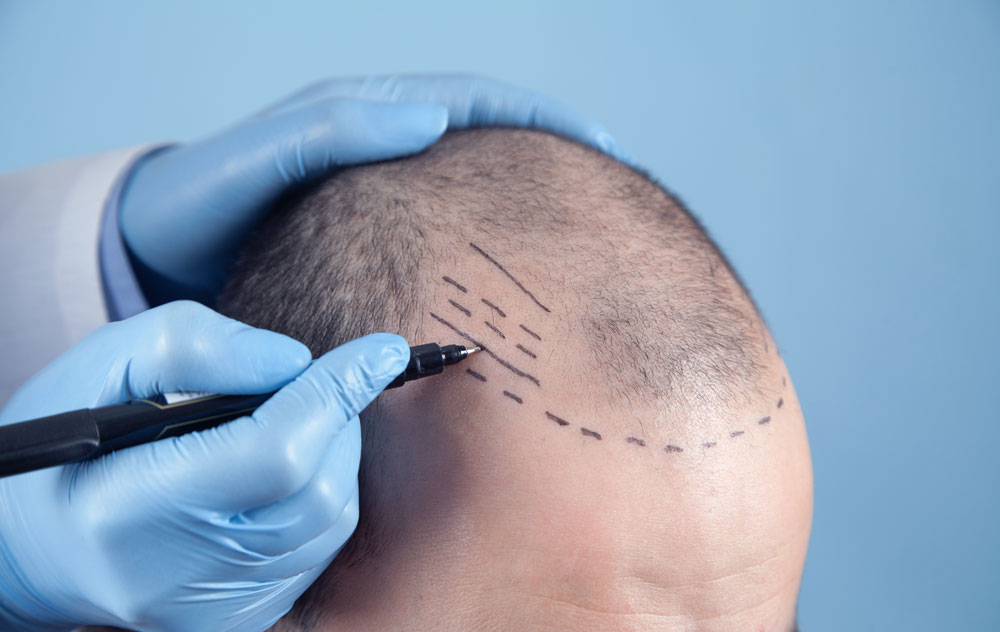
6. Are the Surgeons Qualified and Experienced?
Hair transplant outcomes depend largely on the skill of the medical team. Ensure your consultation includes information about the surgeon’s qualifications and years of experience. Ask how many hair transplants they perform and whether they specialise in any particular method. Moreover, find out who will be performing each stage of the procedure. Some clinics let technicians handle most of the work. Confirm that your surgeon will be actively involved throughout the process.
7. What Is Included in the Hair Transplant Package?
Especially if you’re travelling abroad, it’s essential to clarify what the package includes. Many clinics offer all-inclusive deals that cover consultation, procedure, medications, hotel stay, and airport transfers. Nevertheless, ask for a breakdown of all costs so there are no surprises later. Also, confirm whether aftercare or follow-up consultations are part of the package. Transparent pricing and comprehensive services contribute significantly to your peace of mind.
Why These Questions Matter Before Booking
By asking these questions, you reduce uncertainty and improve your overall outcome. Every patient’s needs are different, and an individualised plan is key. You’ll also feel more confident and reassured when your questions are answered clearly. Clinics that welcome your questions are more likely to offer honest, supportive care. Informed patients are more likely to be satisfied with their results and recovery process.
Hair Transplant Trends in Modern Clinics
Hair transplant technology has evolved significantly in recent years. Techniques like sapphire FUE and robotic assistance offer higher precision and faster healing. Moreover, modern clinics often use growth factors or PRP therapy to enhance results. Ask your clinic whether they offer these options and how they impact outcomes. Consequently, you’ll be more aware of the latest innovations that could benefit your procedure.
How to Choose the Right Clinic for You
Research is key when selecting a clinic. Look for accreditation, patient reviews, and verified results. Additionally, check whether the clinic has native language support if you’re travelling abroad. Reputable clinics offer clear communication, transparent pricing, and ongoing support. Booking a video consultation beforehand can help you gauge professionalism. Comparatively, clinics that rush you or avoid questions may not be the best fit.
The Role of Donor Hair Quality in Hair Transplants
Donor hair comes from the back or sides of the head. The quality and density of this area affect your results. Thicker, healthier donor hair leads to better coverage and natural-looking density. Ask your consultant to assess your donor area and explain how many transplants it could support. Understanding donor limitations prevents overharvesting and ensures sustainability for future procedures, if needed.
Conclusion
A hair transplant can be life-changing, but success starts with asking the right questions. A detailed consultation helps align expectations and ensures your comfort with the clinic and surgeon. With preparation, clear communication, and the right team, you can enjoy lasting and natural-looking results.
For more information and to book a consultation visit the ACIBADEM Beauty Center Hair Transplant page.
Frequently Asked Questions
No, it only restores lost hair. Medication may be needed to prevent further loss elsewhere on the scalp.
Yes, when performed correctly, modern hair transplants create a natural hairline and density.
Local anaesthetic prevents pain during the procedure. Mild discomfort may occur during recovery.
Most patients return within a few days, depending on the job and recovery speed.
Transplanted hair is permanent, although natural hair may continue thinning with age.
